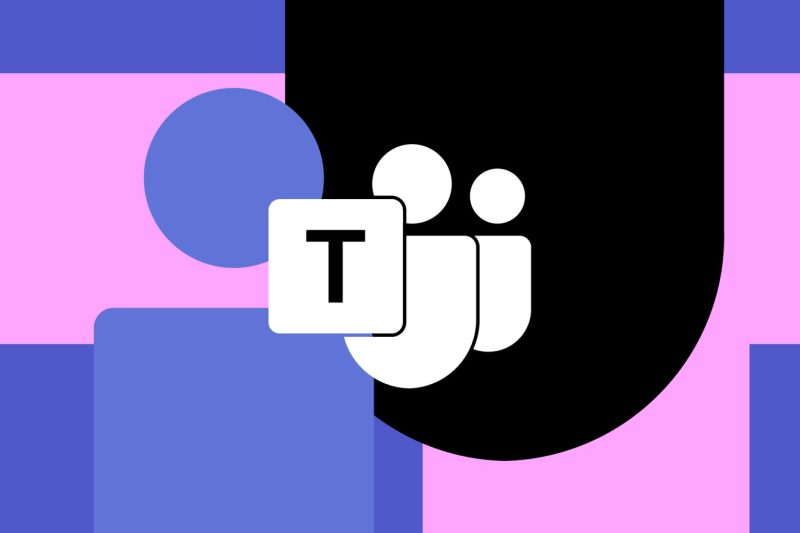In a groundbreaking move that could potentially have massive implications for the tech giant Microsoft, the European Union has recently charged the company with antitrust violations related to its bundling of the Teams software with its popular Office productivity suite. This development marks another chapter in the ongoing saga of Microsoft’s battle with regulators over its business practices.
Microsoft’s Teams software has seen a meteoric rise in popularity, especially in the wake of the COVID-19 pandemic, as more and more businesses and organizations turn to remote work and virtual collaboration. As part of its Office suite, Teams has become a crucial tool for communication and productivity for millions of users worldwide. However, the European Commission’s antitrust concerns revolve around Microsoft’s allegedly coercive tactics in promoting Teams by bundling it with other software products, giving it an unfair advantage in the market.
This is not the first time Microsoft has faced antitrust scrutiny. The company has a long and checkered history with regulators, dating back to the famous antitrust case in the late 1990s when it was accused of abusing its dominance in the operating system market to stifle competition. Since then, Microsoft has made efforts to rehabilitate its image and comply with regulatory requirements, but this latest charge from the EU shows that old habits die hard.
The European Commission’s decision to charge Microsoft with antitrust violations sends a clear message that regulators are closely monitoring the tech industry’s practices and are willing to take action to ensure fair competition. With the digital economy playing an increasingly central role in our lives, the need for effective regulation to prevent monopolistic behavior and protect consumers’ interests has never been greater.
Microsoft, for its part, has denied any wrongdoing and expressed its intention to cooperate with the European Commission’s investigation. The company has defended its bundling of Teams with Office as a way to provide a seamless and integrated user experience, arguing that such integration benefits consumers by offering a more comprehensive suite of tools for communication and collaboration.
As this case unfolds, it will be interesting to see how Microsoft responds to the allegations and what steps the company takes to address the EU’s concerns. The outcome of this case could have far-reaching implications not just for Microsoft but for the tech industry as a whole, shaping the future of competition and innovation in the digital marketplace.
In conclusion, the European Union’s decision to charge Microsoft with antitrust violations for the bundling of Teams with its Office suite highlights the complex challenges of regulating the tech industry in an era of rapid digital transformation. This case underscores the importance of ensuring fair competition and protecting consumers’ interests in an increasingly digital world.




























